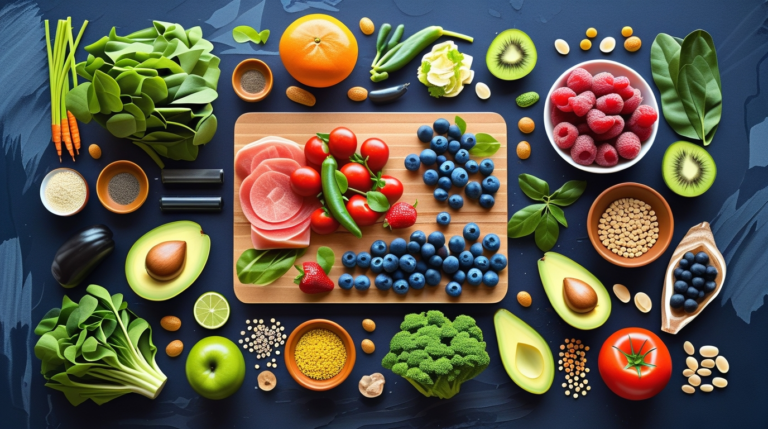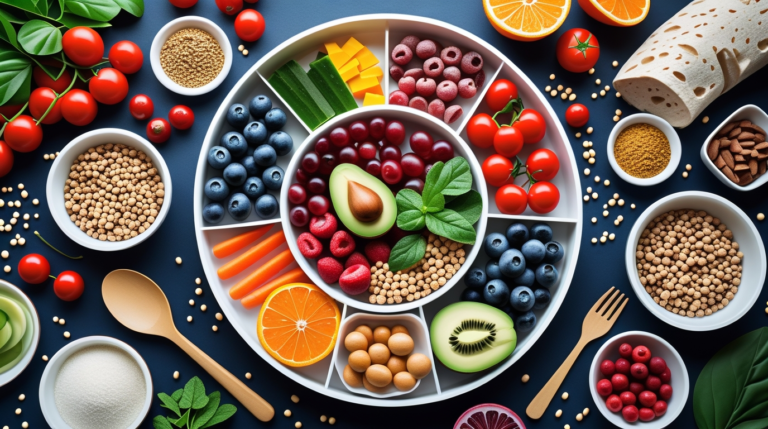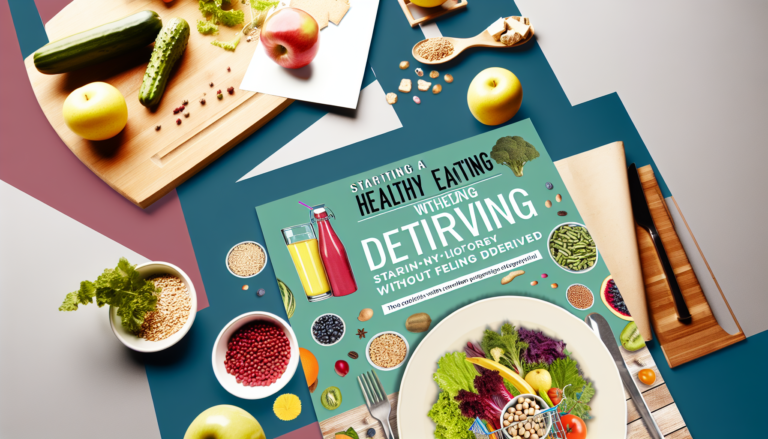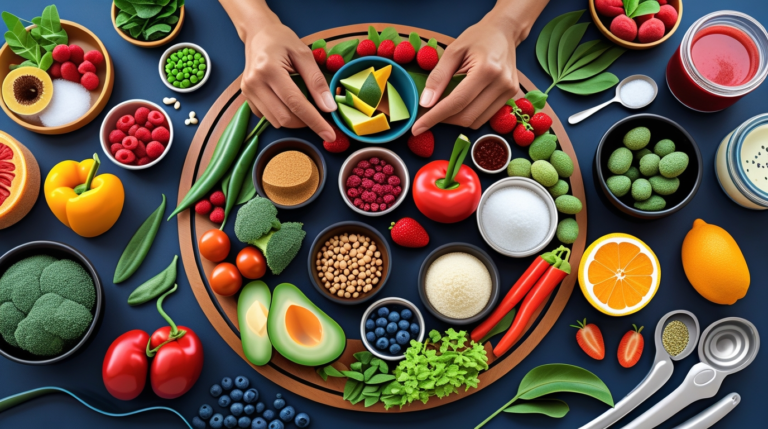In today’s fast-paced world, maintaining a healthy lifestyle can be challenging, but it’s essential, especially when it comes to heart health. One crucial aspect of heart health is managing cholesterol levels. Our blog post, “Cholesterol Lowering Meals: What to Eat for a Healthy Heart,” delves into how you can make smart dietary choices that support cardiovascular health. High cholesterol is a significant risk factor for heart disease, one of the leading causes of death worldwide. Therefore, understanding the foods that help lower cholesterol is not just important—it’s life-saving.
Understanding Cholesterol and Its Impact on Heart Health
Cholesterol plays a vital role in building cells and producing hormones. However, having too much low-density lipoprotein (LDL) cholesterol, often referred to as “bad” cholesterol, can lead to plaque buildup in arteries, increasing the risk of heart disease and stroke.
Types of Cholesterol
Cholesterol is a waxy substance found in your blood. Your body needs cholesterol to build healthy cells, but high levels can increase your risk of heart disease. There are two primary types of cholesterol:
- LDL (Low-Density Lipoprotein): Known as bad cholesterol, it can lead to the buildup of fats in the arteries.
- HDL (High-Density Lipoprotein): Often termed good cholesterol, it helps remove other forms of cholesterol from your bloodstream.
The Risks of High Cholesterol
High cholesterol can be a silent condition. It usually doesn’t cause symptoms, so many people don’t know they have it until they develop serious complications like heart disease or stroke. Monitoring your cholesterol levels through regular blood tests is crucial.
Foods That Lower Cholesterol
Implementing a diet rich in cholesterol-lowering foods is a powerful strategy to improve heart health. Here are some categories and examples of such foods:
Oats and Whole Grains
Oats are rich in soluble fiber, which reduces the absorption of cholesterol into your bloodstream. Consuming a bowl of oatmeal or oat-based cereals daily can lower bad cholesterol levels significantly. Similarly, whole grains like barley and brown rice promote heart health by reducing cholesterol.
Fruits and Vegetables
Fruits and vegetables are high in fiber and antioxidants, which contribute to lower LDL cholesterol levels. Include an array of vibrant fruits and veggies like avocados, apples, grapes, citrus fruits, carrots, spinach, and kale for their cholesterol-lowering benefits.
Nuts and Legumes
Nuts like almonds, walnuts, and pistachios are rich in heart-healthy fats and fibers. Regular consumption of nuts is associated with lower total cholesterol levels. Additionally, legumes such as beans and lentils are excellent sources of proteins and fibers, essential for maintaining healthy cholesterol levels.
Meal Planning for a Heart-Healthy Diet
Knowing what to eat is crucial, but planning your meals around these foods ensures you’re actively managing your heart health. Here’s how you can structure your meals for cholesterol management:
Breakfast Options
Start your day with a heart-healthy breakfast that can include oatmeal topped with fruits and a handful of nuts. You can also opt for smoothies made with spinach, cucumber, and avocados.
Lunch and Dinner Ideas
For lunch, consider salads with a mix of leafy greens, beans, chickpeas, and a sprinkle of nuts. Drizzle with a vinaigrette made from olive oil, which is known for its heart benefits.
Dinner options can include grilled salmon or mackerel served with whole grains like quinoa or barley and a side of steamed vegetables for a complete, heart-healthy meal.
Why a Balanced Diet is Important
Focusing on cholesterol-lowering meals not only reduces heart disease risk but also promotes overall health. A balanced diet ensures you’re getting all essential nutrients, supporting a well-functioning body. By emphasizing whole foods and healthy fats, you’re striving for a sustainable and heart-friendly lifestyle.
To learn more, you might want to check out our post on Top Foods for a Balanced Diet.
Lifestyle Changes to Support a Healthy Heart
Alongside a heart-healthy diet, lifestyle changes are vital in reducing cholesterol levels and enhancing heart health.
Engaging in Regular Physical Activity
Exercise helps increase HDL (good cholesterol) and decrease LDL (bad cholesterol). Aim for at least 150 minutes of moderate aerobic activity or 75 minutes of vigorous activity each week, as recommended by health experts.
Managing Stress and Sleep
Chronic stress is linked to high cholesterol levels. Incorporating stress-reducing practices, such as meditation, yoga, or breathing exercises, is beneficial. Equally, ensure adequate sleep, as poor sleep can exacerbate heart health issues.
Our article on Stress Management for Heart Health provides more insights into reducing stress for better health outcomes.
Conclusion and Call to Action
Keeping your heart healthy should be a priority, and making dietary changes is a proactive step toward this goal. By incorporating these cholesterol-lowering foods into your meals, along with maintaining a balanced lifestyle, you can drastically improve your heart health. We encourage you to share this post with friends and family who might benefit from these insights. Also, feel free to leave a comment below sharing your experiences or questions. For more health and nutrition tips, subscribe to our newsletter!
Explore related topics further with our blog post on Lifestyle Tips for Heart Health.





Leave a Comment